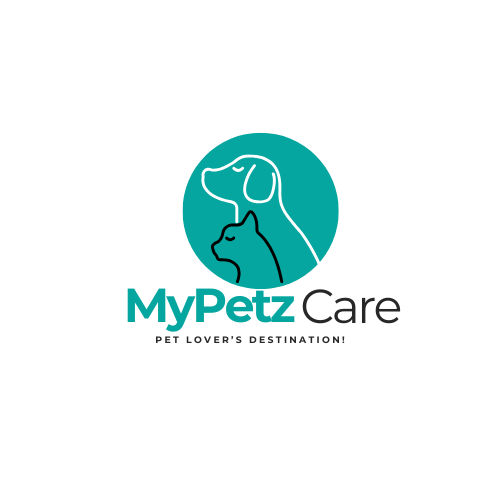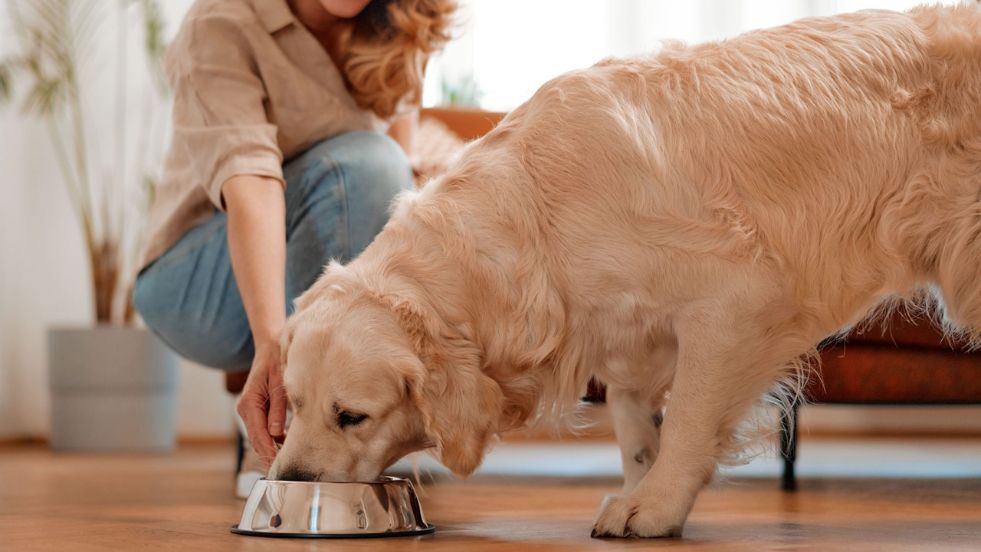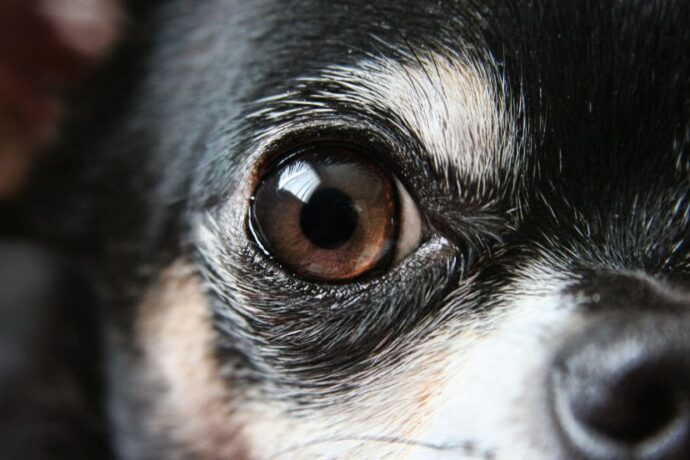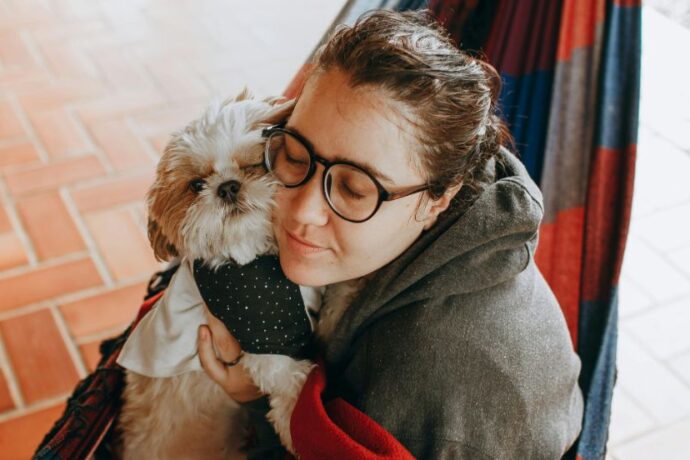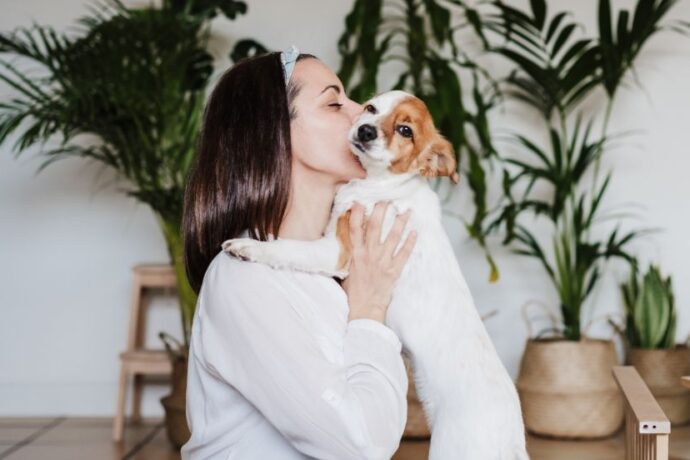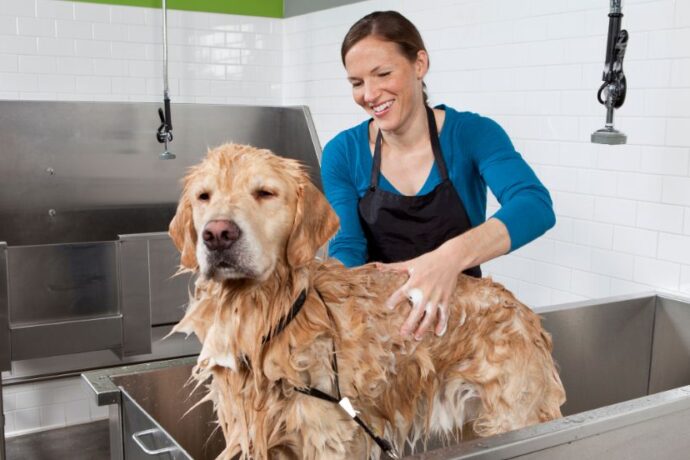Diarrhea is one of the most common digestive issues in dogs, and while it can be messy and concerning, it’s often a sign that your pup’s gastrointestinal system is struggling to cope with something. Sometimes, it’s due to eating something unusual, a sudden change in diet, stress, or even a bacterial imbalance in the gut. In other cases, it may indicate underlying medical conditions.
What your dog eats during this time plays a major role in how quickly they recover. Feeding the right foods can soothe the digestive system, restore hydration, and prevent further irritation, while the wrong foods may worsen symptoms.
Should You Feed a Dog with Diarrhea or Withhold Food?
Many pet owners wonder if it’s better to let the stomach rest or provide food right away. The traditional advice was to withhold food for 12–24 hours, but more recent veterinary recommendations suggest that feeding bland, gentle meals sooner can actually help the gut heal.
Puppies and small breeds, in particular, should not be fasted for long because of the risk of low blood sugar. Always prioritize hydration first, offering small amounts of fresh water or an electrolyte solution for pets.
The Role of a Bland Diet in Soothing the Stomach
When your dog has diarrhea, the digestive system needs food that is easy to break down, low in fat, and free of irritating ingredients. A bland diet helps minimize stress on the intestines while still providing energy and nutrients.
A typical bland diet for dogs includes:
- Boiled white rice – Gentle on the stomach and provides quick energy.
- Boiled chicken (skinless, boneless) – A lean, easily digestible protein source.
- Plain pumpkin (canned or cooked) – Rich in soluble fiber that can help firm stools.
- Boiled potatoes or sweet potatoes – Soft, starchy carbs that support digestion.
Feed small, frequent meals (3–4 times a day) rather than one large meal. This gives the digestive system time to adjust without overwhelming it.
Gentle Foods for Dogs with Mild or Acute Diarrhea
If your dog has diarrhea that lasts less than 48 hours and is otherwise acting normal, you can usually manage it at home with diet adjustments. Here are some tried-and-true options:
- Chicken and Rice – The gold standard for a bland diet. Lean protein with easily digestible carbs.
- Boiled Turkey and Pumpkin – Turkey is a good alternative protein, and pumpkin adds fiber.
- Cottage Cheese or Plain Yogurt (in small amounts) – Provide probiotics that help restore gut balance.
- Oatmeal – Gentle fiber source, especially for dogs sensitive to rice.
- Bone Broth – Hydrating, soothing, and supplies essential minerals.
Research published in Frontiers in Microbiology (2020) shows that probiotics and prebiotics can help restore gut microbiota in dogs with gastrointestinal upset. For this reason, including probiotic-rich foods or supplements can be beneficial (1).
What to Feed Dogs with Chronic or Ongoing Diarrhea
If diarrhea lasts more than a few days or recurs often, it may be a sign of a deeper issue such as food intolerance, inflammatory bowel disease (IBD), or pancreatic disorders. In these cases, diet becomes even more important, and veterinary guidance is essential.
Long-term dietary strategies may include:
- Prescription Veterinary Diets – Formulas like Hill’s i/d or Royal Canin Gastrointestinal are specially designed for dogs with chronic GI problems.
- Limited Ingredient Diets (LID) – Simplified formulas with a single protein and carb to avoid triggers.
- Novel Proteins – Proteins less commonly used in dog food, such as venison, duck, or rabbit, may help if food allergies are suspected.
- Hydrolyzed Protein Diets – Proteins are broken down into smaller particles, making them less likely to trigger immune reactions.
A study in the Journal of Animal Physiology and Animal Nutrition (2020) highlighted that diets rich in soluble fiber and high-quality protein significantly improved stool consistency and gut health in dogs with chronic digestive issues (2).
FAQs About Feeding Dogs with Diarrhea
1. How long should I keep my dog on a bland diet?
A. For mild diarrhea, feed a bland diet for 2–3 days, then gradually transition back to your dog’s regular food over the course of 4–5 days. If diarrhea persists beyond this, consult your veterinarian.
2.Can I give my dog over-the-counter human anti-diarrhea medication?
A. No. Medications like loperamide (Imodium) can be dangerous for dogs, especially certain breeds. Always speak with your vet before giving any medication.
3. When should I worry about my dog’s diarrhea?
A. Seek veterinary help immediately if diarrhea lasts more than 48 hours, is accompanied by vomiting, blood in the stool, lethargy, dehydration, or loss of appetite. Puppies, seniors, and small breeds are more vulnerable to complications.
Final Thoughts:
Diet is one of the most powerful tools for helping your dog recover from diarrhea. For mild, short-term episodes, bland foods like chicken, rice, and pumpkin often do the trick. Chronic or severe diarrhea, however, may require specialized diets and veterinary care.
Always prioritize hydration, start with small meals, and monitor your dog closely. With the right nutrition and timely vet guidance, most dogs bounce back quickly, returning to their happy, tail-wagging selves.
References:
